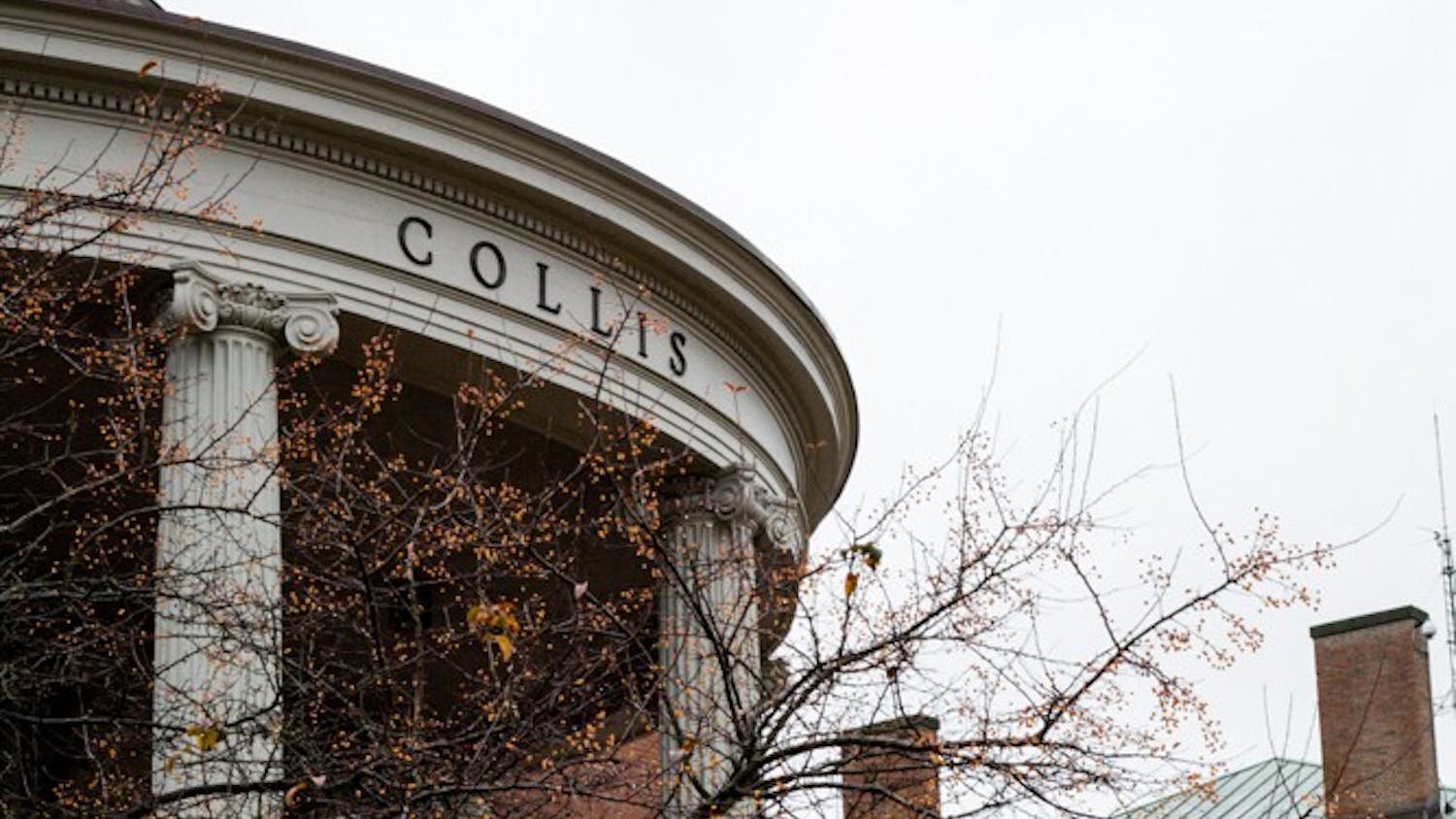Dartmouth is home to the fMRI Data Center, a federally-funded project that archives and disseminates information from over 100 studies in the field of cognitive neuroscience.
Silleck's goal is to use the Tour as a starting point for a discussion of the changes that the brain undergoes while under intense physical and emotional stress.
He combined footage of the Tour with scientific data that illustrates the brain's ability to overcome enormous odds and persevere despite daunting obstacles.
Silleck asked the fMRI data center and Van Horn for a three-dimensional view of the brain that would highlight the parts of the brain activated by memory, motor control and emotional functions.
Van Horn and Riggall were able to draw on existing data sets from the fMRI database in order to provide Silleck with a model of what a cyclist's brain goes through during this 23-day race.
"While we cannot actually show what the brain is doing while actually cycling, per se, we gave reasonable examples of brain activity from similar mental processes as those of cyclists," Van Horn said.
Van Horn studies the brain with a variety of complex tools and recently became interested in a researcher's ability to model the "brain in action."
"To animate brain activity from some of the data in our fMRI Data Center archive for this film was a very interesting challenge," Van Horn said. "And the opportunity to see our work displayed two-stories tall was irresistible!"
Van Horn calls Riggall "the force behind all this" and credits him with much of the expertise needed to create these animations. A former Computer Science major, Riggall decided at the last minute to become a Psychology and Brain Sciences major, which led him to this project.
"The computing resources and archived imaging data provided by the fMRI Data Center allow for almost limitless exploration of the brain," Riggall said. Finally, having actual access to the scanner as an undergrad is an amazing opportunity not provided at many other institutions in the world."
Their piece of the film only lasts a minute but took months of work. During most of the project, Van Horn and Riggall did not know much about the rest of the film. They received the script in the last week of work and were excited to see the final product.
"It was pretty incredible. I had seen the final version of our little segment on the big plasma screens in the fMRI Data Center office, but nothing compared to seeing it on the giant IMAX domed screen," Riggall said.
The film is playing at the Boston Museum of Science and will travel to different IMAX screens across the country. The film's narrator closes with one final comment: "Powered by the human brain, there is no end to what we may achieve."



